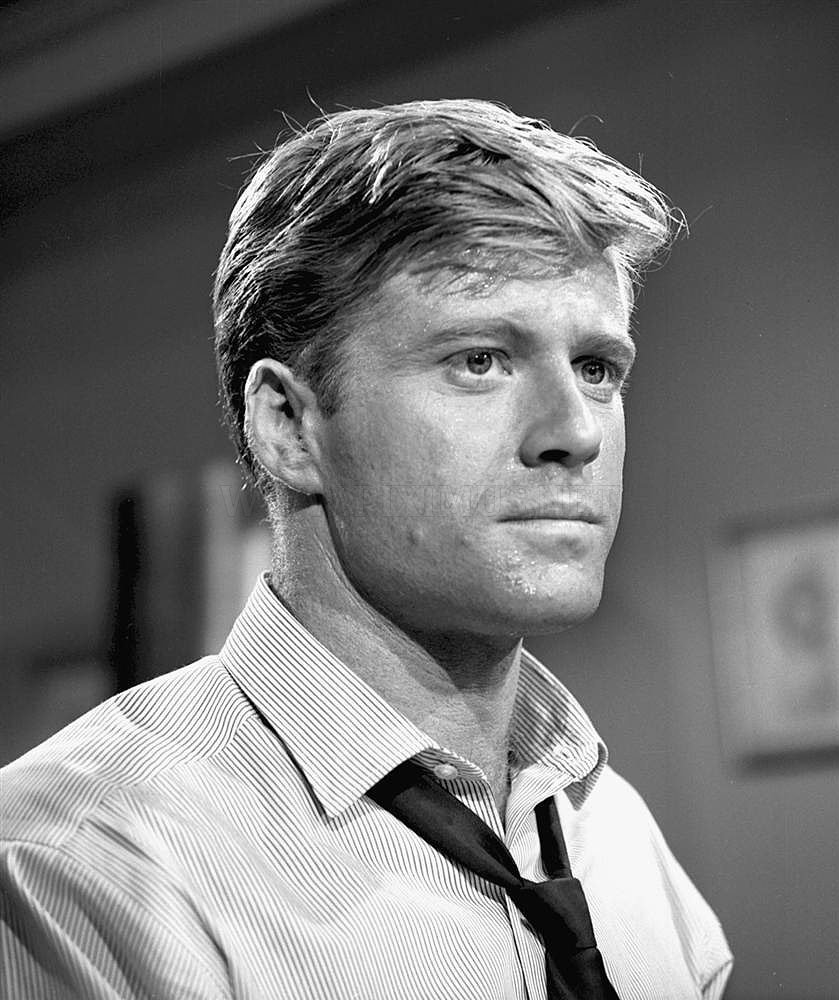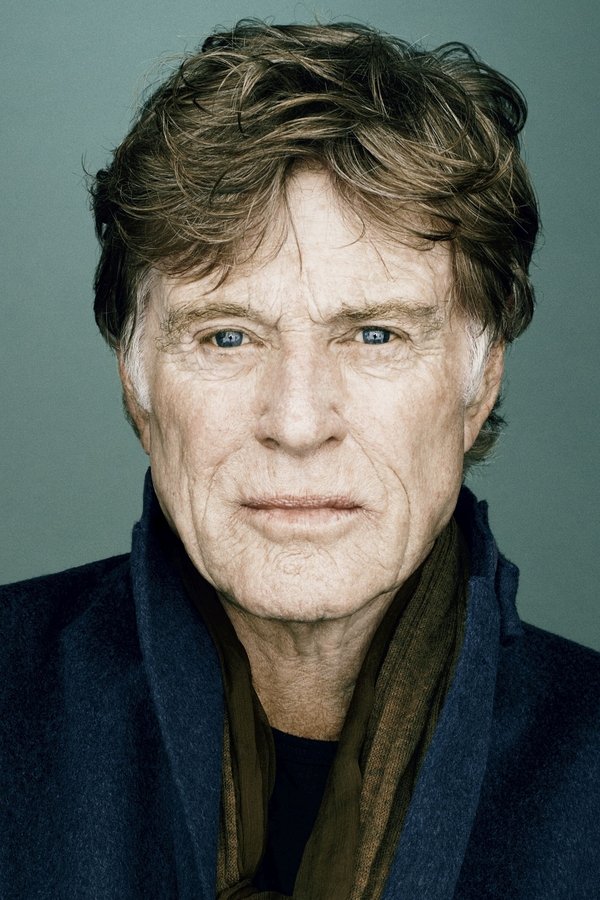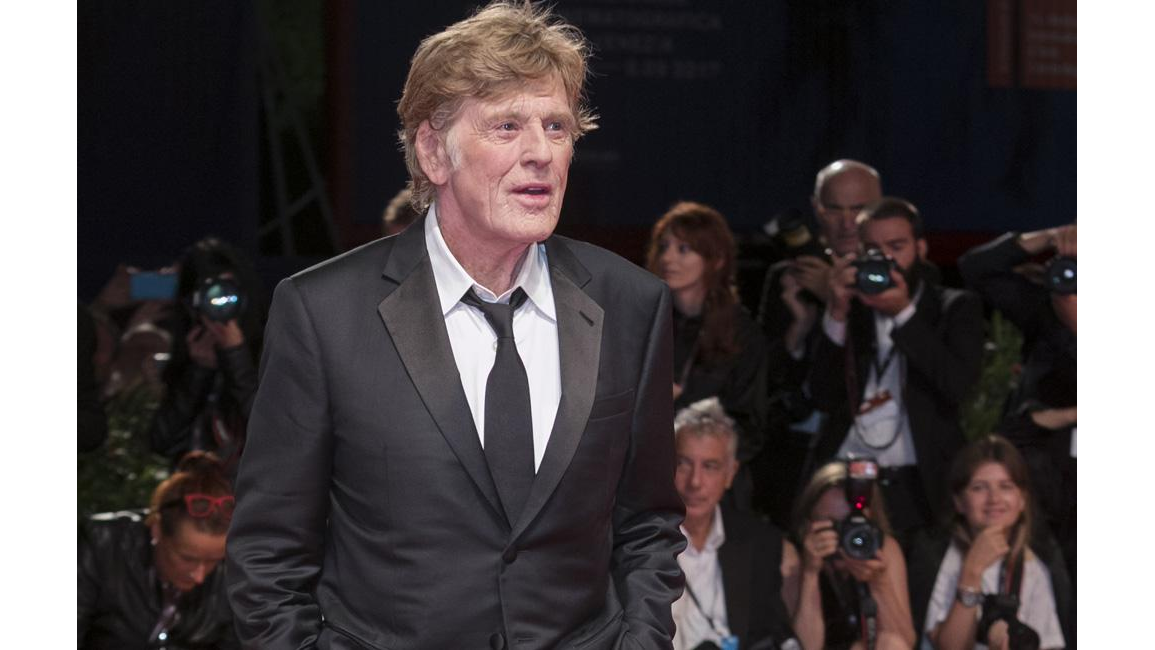There’s something special about Robert Redford that sets him apart from other Hollywood legends. As a director, he not only shaped modern cinema but also brought a unique perspective to storytelling. Whether you’re a fan of his work or just curious about his journey, this article dives deep into the life, career, and legacy of Robert Redford as a director. So, buckle up and get ready for an unforgettable ride through his world!
When you think of Robert Redford, you might immediately picture his dashing good looks or those unforgettable performances in classic films like "Butch Cassidy and the Sundance Kid" or "The Sting." But there’s so much more to him than just acting. As a director, he carved out a niche for himself, proving that he wasn’t just a pretty face but a creative powerhouse who understood the art of storytelling.
Throughout his career, Redford has directed some of the most iconic films in cinematic history. From "Ordinary People," which won him an Academy Award, to "A River Runs Through It," his work has left an indelible mark on the film industry. In this article, we’ll explore his journey as a director, the challenges he faced, and the impact he’s had on generations of filmmakers. Let’s dive in!
Early Life and Background
Before we dive into his directorial career, let’s take a moment to understand where it all began. Robert Redford was born on August 18, 1936, in Santa Monica, California. His childhood was filled with a mix of adventure and art, which laid the foundation for his future success. Growing up, Redford was exposed to the world of painting and theater, which eventually influenced his approach to filmmaking.
Redford’s early years were marked by a restless spirit. He dropped out of college to pursue art in Europe, where he studied painting. However, fate had other plans, and he eventually found himself drawn to acting. His journey from a struggling artist to one of Hollywood’s most respected directors is nothing short of inspiring.
Biography and Personal Data
Here’s a quick look at some key facts about Robert Redford:
| Full Name | Charles Robert Redford Jr. |
|---|---|
| Birthdate | August 18, 1936 |
| Place of Birth | Santa Monica, California |
| Occupation | Actor, Director, Producer |
| Spouse | Lois Redford (divorced), Sibylle Szaggars (widowed) |
| Awards | Academy Award, Golden Globe, Emmy Award |
Robert Redford’s Directorial Debut
Redford’s transition from acting to directing wasn’t exactly smooth sailing. In fact, many people doubted his ability to direct films. But Redford was determined to prove them wrong. His directorial debut came in 1980 with the film "Ordinary People," a poignant drama that explored themes of grief, family dynamics, and mental health.
"Ordinary People" was a game-changer for Redford. Not only did it earn him an Academy Award for Best Director, but it also solidified his place in Hollywood as a serious filmmaker. The film’s success was a testament to Redford’s ability to tell stories that resonate with audiences on a deeply emotional level.
The Impact of Robert Redford’s Films
Redford’s films have had a profound impact on both the film industry and society at large. His work often tackles important social issues, such as environmentalism, politics, and human rights. Films like "The Milagro Beanfield War" and "An Unfinished Life" showcase his commitment to storytelling that matters.
One of the reasons Redford’s films stand out is his ability to create authentic characters and compelling narratives. He’s not afraid to tackle tough subjects, and his films often leave audiences with something to think about long after the credits roll.
Key Themes in Redford’s Films
- Family and Relationships
- Environmentalism and Nature
- Politics and Social Justice
- Personal Growth and Redemption
Directorial Style and Techniques
Redford’s directorial style is often described as understated yet powerful. He’s a master at capturing the subtleties of human emotion and using them to drive his narratives forward. His films are visually stunning, with a keen eye for detail that makes every scene feel like a work of art.
One of Redford’s signature techniques is his use of natural lighting. He believes that the best stories are told through simplicity, and his films often reflect this philosophy. Whether it’s the sweeping landscapes of "A River Runs Through It" or the intimate moments of "Ordinary People," Redford’s ability to create atmosphere is unmatched.
Influences on Redford’s Style
Redford’s style has been influenced by a variety of factors, including his background in painting and his love for the outdoors. He’s also a big fan of classic Hollywood films, which have shaped his approach to storytelling. By blending these influences, Redford has created a unique style that sets him apart from other directors.
Challenges Faced as a Director
Like any filmmaker, Redford has faced his fair share of challenges throughout his career. One of the biggest obstacles he faced was breaking into the world of directing after establishing himself as an actor. Many people doubted his ability to transition successfully, but Redford proved them wrong with his incredible talent and dedication.
Another challenge Redford faced was balancing his work as a director with his other passions, such as environmental activism. Despite these challenges, he managed to excel in both areas, proving that it’s possible to be a successful filmmaker while also making a positive impact on the world.
Overcoming Doubt and Criticism
Redford’s journey as a director wasn’t without its critics. Some people questioned his ability to tell complex stories, while others doubted his commitment to serious filmmaking. But Redford never let the critics define him. Instead, he focused on his craft and let his films speak for themselves.
Legacy and Influence
Redford’s legacy as a director extends far beyond the films he’s made. He’s also a champion of independent filmmaking, having founded the Sundance Film Festival in 1978. The festival has become a launchpad for countless filmmakers, providing a platform for new voices and fresh perspectives.
Through Sundance, Redford has helped shape the future of cinema by supporting emerging talent and encouraging innovation in storytelling. His influence can be seen in the work of countless directors who have been inspired by his vision and dedication to the craft.
Redford’s Role in Shaping Modern Cinema
Redford’s impact on modern cinema can’t be overstated. By championing independent filmmakers and pushing the boundaries of traditional storytelling, he’s helped create a more diverse and vibrant film industry. His commitment to quality and authenticity has inspired generations of filmmakers to pursue their dreams and tell their own stories.
Robert Redford’s Future Projects
Even at the age of 87, Redford shows no signs of slowing down. While he may not be directing as many films as he used to, he’s still actively involved in the film industry, supporting new talent and advocating for causes he believes in. His passion for storytelling and his dedication to making a difference continue to inspire those around him.
In recent years, Redford has expressed interest in exploring new mediums, such as virtual reality and interactive storytelling. These ventures show that he’s not afraid to embrace new technology and push the boundaries of what’s possible in the world of film.
Lessons from Robert Redford’s Career
Redford’s career offers valuable lessons for anyone aspiring to make it in the film industry. Here are a few key takeaways:
- Stay true to your vision and don’t be afraid to take risks.
- Embrace your unique perspective and use it to tell stories that matter.
- Support others and give back to the community that helped you succeed.
How Redford’s Journey Can Inspire You
Redford’s journey from a struggling artist to one of Hollywood’s most respected directors is a testament to the power of perseverance and passion. By staying true to himself and never giving up on his dreams, he’s created a legacy that will inspire filmmakers for generations to come.
Conclusion
In conclusion, Robert Redford’s career as a director has been nothing short of remarkable. From his groundbreaking debut with "Ordinary People" to his ongoing influence on modern cinema, he’s left an indelible mark on the film industry. His dedication to storytelling, combined with his passion for social justice and environmentalism, has made him a true icon in Hollywood.
So, what can you do next? Why not leave a comment and share your thoughts on Redford’s career? Or better yet, check out some of his films and experience his genius for yourself. Whatever you choose to do, remember that Redford’s legacy is a reminder that with passion and perseverance, anything is possible.
Table of Contents
- Early Life and Background
- Biography and Personal Data
- Robert Redford’s Directorial Debut
- The Impact of Robert Redford’s Films
- Directorial Style and Techniques
- Challenges Faced as a Director
- Legacy and Influence
- Robert Redford’s Future Projects
- Lessons from Robert Redford’s Career
- Conclusion


